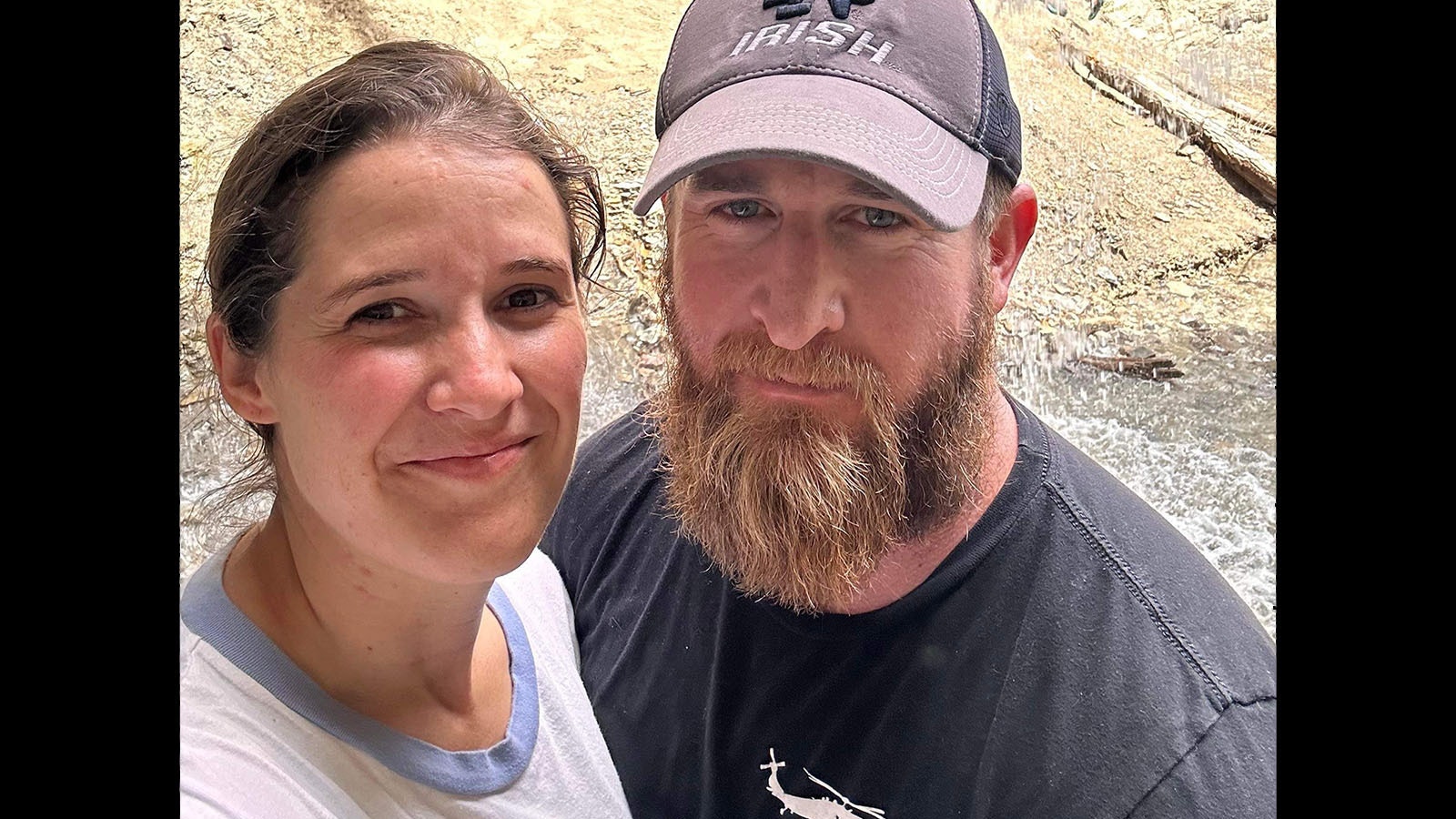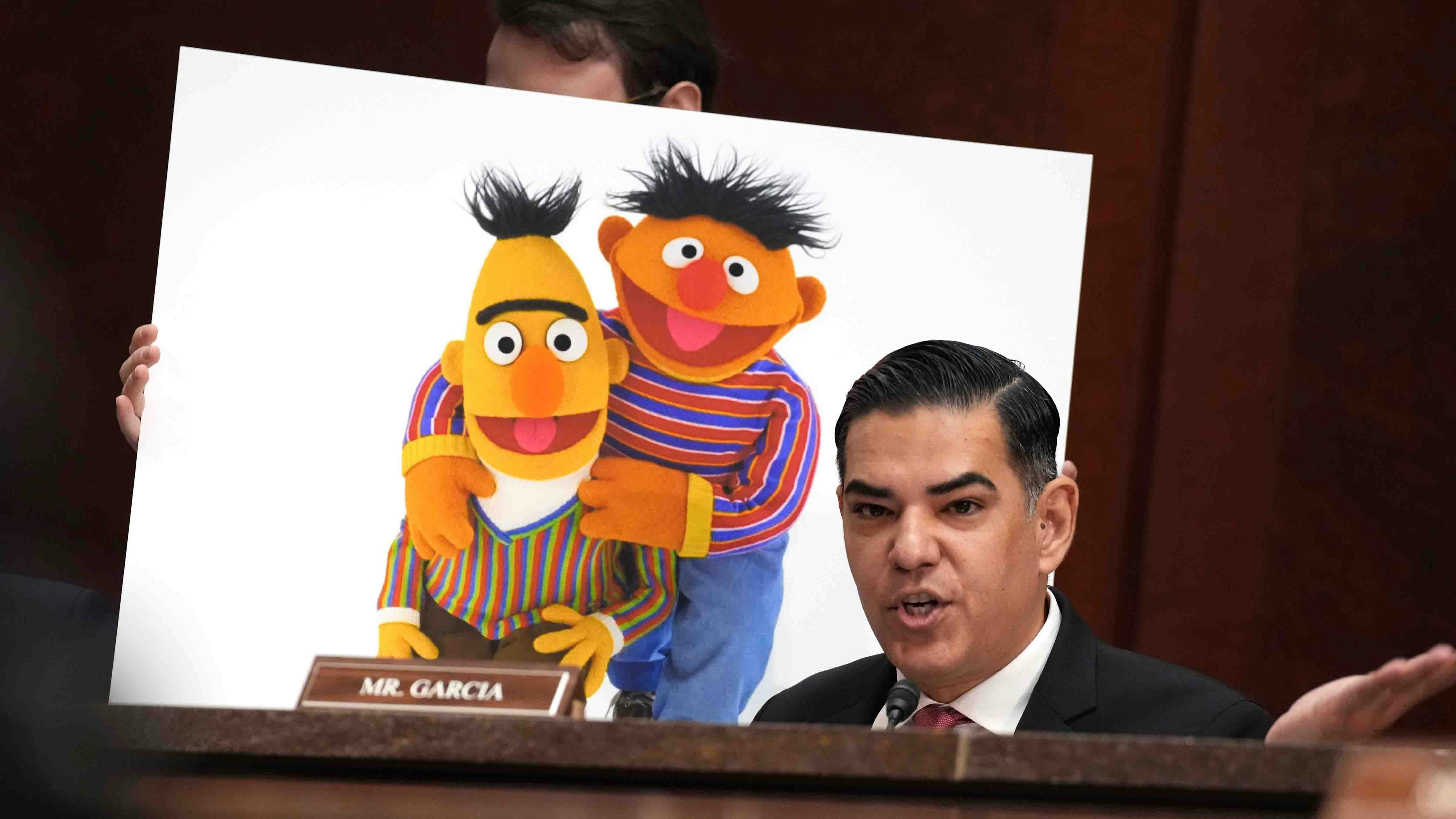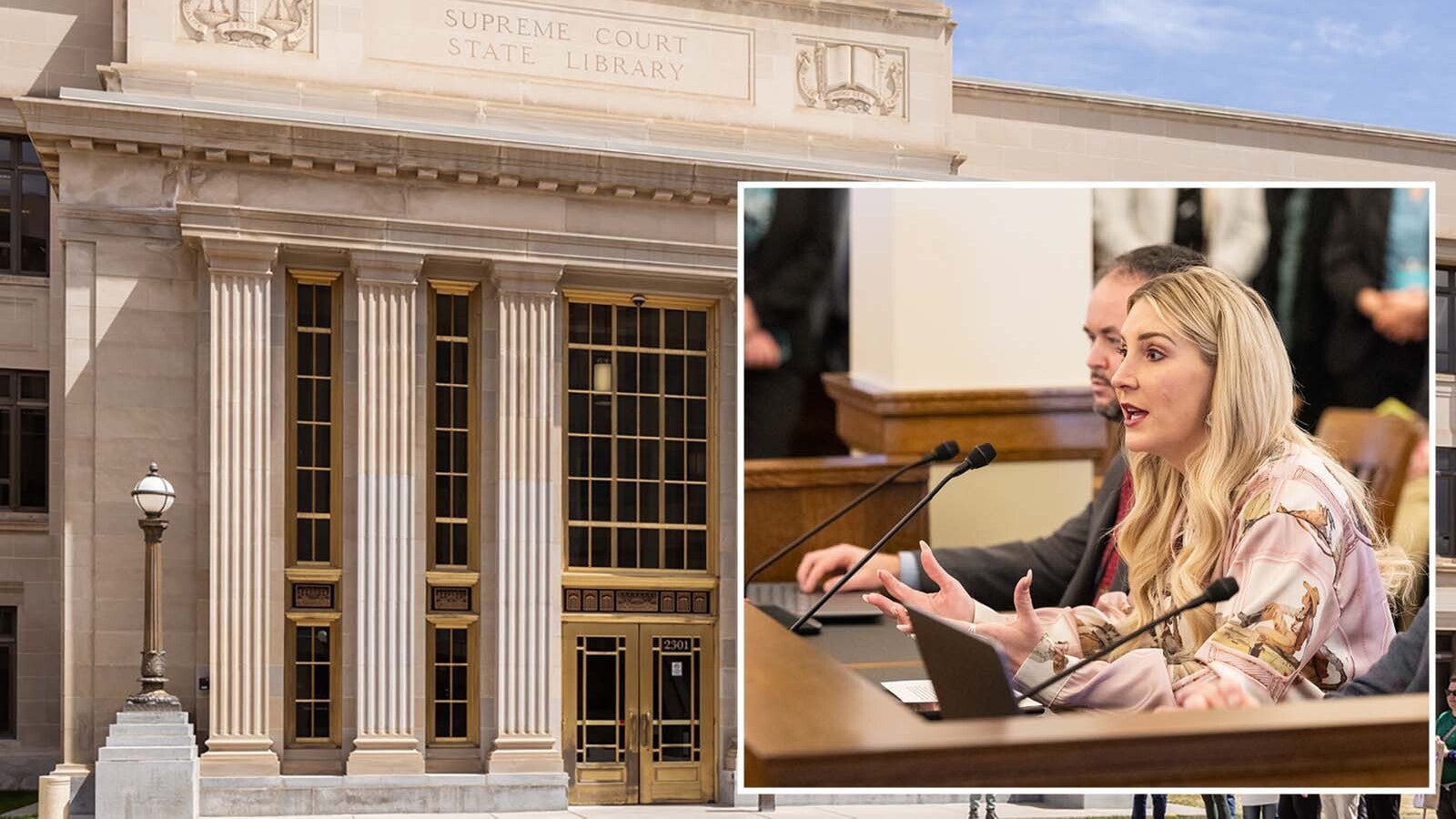A federal judge on Friday temporarily blocked a Rock Springs school district from hiding from parents its use of transgender names and pronouns with students, except potentially in cases of abuse.
Sean and Ashley Willey asked the U.S. District Court for Wyoming Chief Judge Scott Skavdahl in April to block Sweetwater County School District No. 1 from enforcing a 2022 policy requiring district staffers to call students by their preferred names and pronouns, and to respect the students’ “privacy” in that regard, potentially by not informing parents.
The Willeys’ April lawsuit complaint accuses the district treating their high school daughter as a boy, and hiding it from the parents. The lawsuit is ongoing.
Skavdahl issued a preliminary injunction Friday blocking the second, “privacy” half of the policy, but he declined to block the first half requiring school staffers to use alternate names and pronouns for students who request it. It came one day after the district had filed a motion to dismiss the Willeys' lawsuit.
Enjoining the first half of the policy could put the school in danger of losing federal Title IX money, wrote Skavdahl, since President Joe Biden’s U.S. Department of Education currently requires schools to accommodate transgender students’ wishes relating to their gender identity.
That regulation is paused in 20 states amid a multi-state lawsuit against the department, but Wyoming is not one of those states because Wyoming did not have a law conflicting the regulation at its formation and did not join the lawsuit. Additionally, at least one federal appeals court has upheld the regulation’s logic.
Sean Willey does not have standing to ask for a preliminary injunction, wrote Skavdahl, because he’s not the student’s father and hasn’t shown a legal connection to her. But Ashley Willey does have standing both as a parent and as a teacher in the district, the judge decided.
Do Not Lie To Parents
However, Skavdahl denounced as potentially unconstitutional the second half of the school’s policy requiring district staffers to respect students’ privacy in their name and pronoun requests. District internal emails indicate this half of the policy precludes teachers from telling parents about a student’s alternate treatment, if the student wishes.
This is a constitutional problem, said Skavdahl. The U.S. Supreme Court has long recognized parents have a 14thAmendment right to the care, custody and control of their children.
The Willey family has shown a “strong likelihood of success on the merits” of their case against the policy’s second half, Skavdahl ruled.
It is “difficult to envision why a school would even claim – much less how a school could establish – a generalized interest in withholding or concealing from the parents of minor children information fundamental to their identity, personhood, and mental and emotion wellbeing such as their preferred name and pronouns,” Skavdahl wrote, quoting from 2022 case law.
Having a constitutional right violated by a school would constitute irreparable harm, Skavdahl said in his order. The Willeys’ wish to block that part of the policy also is in the public interest, he said.
“Certainly, if there was a reasonable basis to fear the minor child would be in danger or potentially abused,” wrote Skavdahl, “that could provide an exception to the disclosure and corresponding duty to report under Wyoming law. However, there is no suggestion that such a situation existed in this case.”
But the policy doesn’t contain that carveout anyway, the judge added.
The privacy policy impacts Ashley Willey as a parent. It also is a “problem” for her as a teacher in a different school in the district, wrote Skavdahl, because it may require her to lie to parents in spite of her religious beliefs.
The policy is problematic, “to the extent it restricts her from responding to a minor parent’s inquiry or having to lie in response to an inquiry, absent reasonable concern,” reads the order.

Education Is In There
Notably, Skavdahl’s order says parents have a limited constitutional right to direct their minor children’s education – “which cannot be accomplished unless they are accurately informed in response to their inquiries.”
The judge’s analysis inadvertently counters school district attorney Kari Moneyhun’s public presentation at a school board meeting last September, wherein she emphasized that Wyoming’s statutory enumeration of constitutional parental rights doesn’t list “education” as a tenet over which parents have a specific right.
However, Skavdahl noted, parents’ right to direct their children’s education is limited. They can’t, for example, tailor the curriculum unilaterally.
Names And Pronouns, Still
As case law and Department of Education regulation now stand in Wyoming, the Willeys cannot win an injunction against part of the policy requiring staffers to use students’ preferred names and pronouns, though they have against the “privacy” part.
The Willeys did not show that the school engaged in active mental health treatment on their child without their consent, wrote Skavdahl.
“Nothing provided to this Court would support that the enactment or application of the Policy constitutes medical or health care for which parental consent would be required,” said Skavdahl.
For one thing, wrote Skavdahl, the Willeys’ own child initiated and requested the different name and pronoun, not the district. For another, “there is no indication that by adhering to the Student’s request the District effectuated or intended to ‘treat’ any physical or mental health condition.
“Numerous courts have recognized being transgender is not a psychiatric condition and ‘implies no impairment in judgment, stability, reliability, or general social or vocational capabilities,’” wrote Skavdahl, quoting 2020 federal case Grimm vs. Gloucester County School Board.
The court in that case required a school district to accommodate a transgender student’s wish to use a bathroom according to the student’s gender identity.
Asking For An Expansion
The Willeys asserted religious and parental rights against the entire policy, which Skavdahl now has severed into two parts.
To say that the first half of the policy violates the Willeys’ familial or religious rights in a concrete way would stretch judicial interpretation of those rights, said Skavdahl.
“The Willeys’ position implies it is within the protected sphere of familial privacy and association to determine what name and pronoun a child should use and be referred to by others,” reads the order. “Such a proposition would dramatically expand a fundamental substantive due process right, which this Court must utilize the upmost care in doing.”
Skavdahl again noted, however, that the second, “privacy” half of the policy looks constitutionally problematic.
Policy, Not Procedure
Skavdahl’s order calls the district’s rule a “policy.” The district has consistently called it a “procedure,” possibly because it did not go through school board approval.
Skavdahl also did not use any pronouns on the Willeys’ child, a female whom the Willeys call “she” and “her” throughout their own filings. The district generally calls the student by female pronouns, but inserted a stray “they” at one point, when asking the court not to enjoin its policy.
The preliminary injunction against the second “privacy” half of the policy will remain in place during the case.
Clair McFarland can be reached at clair@cowboystatedaily.com.





